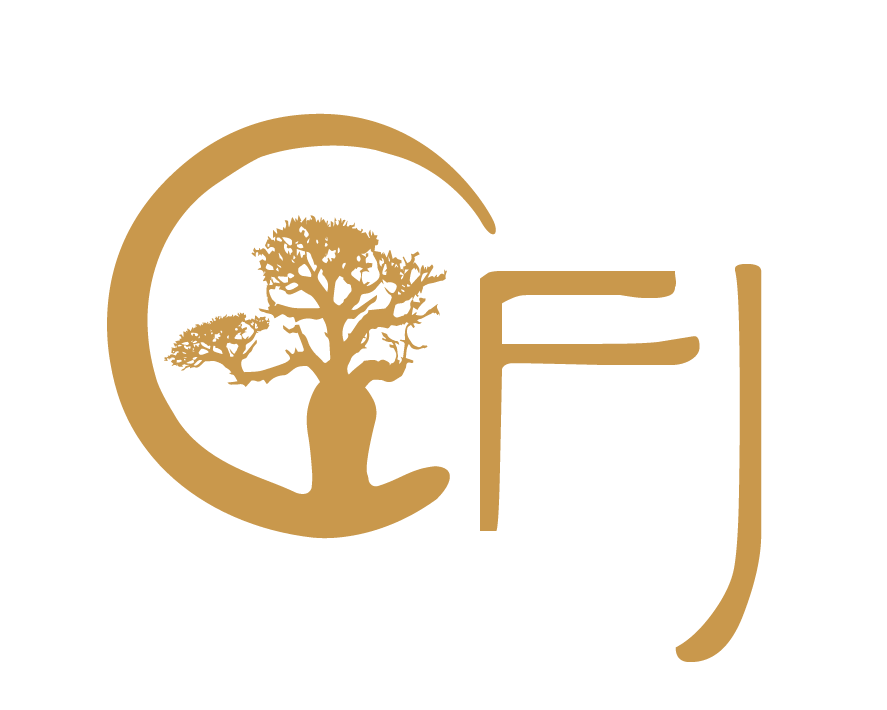A Labour of Love – My Time In India
I travel the world in my work as international chairperson of the education and training committee for Alzheimer’s Disease International. My time in India, doing training for caregivers and setting up services for people with dementia, is a very humbling, invigorating, and an unusual time. I go to Cochin and Trivandrum in the state of Kerala, South India. I stay most of the time in Trivandrum in the YMCA premises, where there are a basic lecture room and the participants in the training could stay in the hostel rooms. I have a room for myself and teach every day for a month. There is nothing fancy in the facilities, but as usual I beautify my room, the classroom, and general surrounds. I was once told I could live at the Sheraton or in a cave but wherever I am, I would make it home.
The true beauty of the place is its position alongside the Periyar River. The trees, hundreds of years old, beautiful, and big, Banyas- ficus bengalensis , look like Moreton Bay Fig trees, with their long roots like branches, buttresses on the ground.
The students are from all over India. Doctors, social workers, nurses, men who have worked in Dubai who want to give back to their country and an old man who does not speak English, who attends with his son, a social worker. This man has a small piece of land in the country, and he wants to build a day care centre for the elderly in his community, especially for people with dementia. He speaks Malayan and his son, and sometimes the other students, translate for him. I am deeply touched by this man’s generosity of having so little and giving so much.
One of my rickshaw drivers around the YMCA, lives in the slums, beaming away, saying he is happy. He has his rickshaw, his children and a wife who cooks for him and the family. A roof over his head, be it one of tin and plywood. He is this beaming, in-love soul, emanating joy and lightness to all who gaze on him and see his true beauty. The beauty of his spirit shines through his smile.
The students learn about dementia, how to set up and manage a day care centre, how to provide care in family homes and nursing homes, and some of the different and difficult behaviours. The electricity often goes off, especially in the afternoons during the hottest time of day. We have no fans and can’t use the overhead projector for teaching. So, the students and I, go down to the riverbank, under these huge, magnificent trees and we divide into groups and have our lessons there. I love being outside- as it has always been a dream of mine to be a teacher out in the open, with students and myself sitting under the trees. We can see the buffalo cooling off in the river, the men in their boats ferrying people and going off to fish. As a treat, the students arrange for all of us to take a trip up the river in dug-out wooden boats. It is such fun trying to climb into the boats, with the nuns’ habits, the women’s saris, and my Punjabi outfit with pantaloons. As the facilities are very basic, I have a whiteboard propped up on a desk and often have to stretch up to write on the board. With men in the class, it is taboo to show my legs, even though Indian women show their midriffs with their saris.
Teaching these students, with their enthusiasm and commitment to learning, is so satisfying. The students organise debates in the early morning, to debate the advantages and disadvantages of day care for people with dementia, and many other topics.
The course ends with them doing the ‘Train the Trainer’ course, so they can go back to their places in India and provide training in their towns and communities. This group forms the first nucleus of trainers and personnel with advanced knowledge of dementia and care in India. My approach is not to be the so-called expert who flies in and teaches and then leaves the country. I want to leave a nucleus of people who can train others from the knowledge they have received and can disseminate and pass it onto thousands, instead of only one person in their town having the knowledge, expertise. It is so much more satisfying to know this knowledge and training continues to this day, 30 odd years later.
